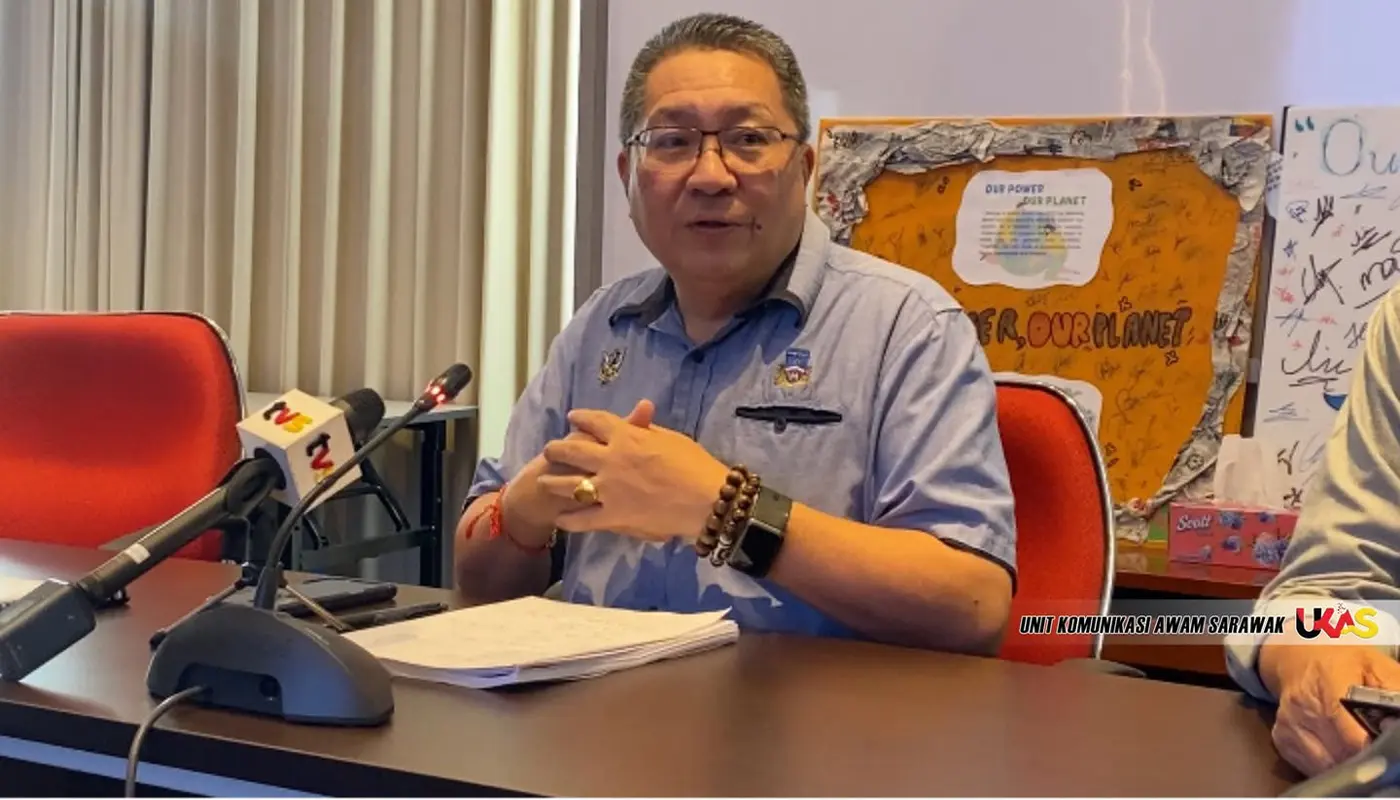KUCHING – The Kuching South City Council (MBKS) has entered into a collaborative partnership with the Sarawak Health Department to promote public understanding of incoming national health legislation. The Public Health Tobacco and Smoking Control Act 2024 (Act 852) is scheduled to be enforced beginning 1 October 2024.
Mayor of Kuching South City, Datuk Wong Hong Seng, characterised the initiative as a shared responsibility crucial for fostering a healthier, safer, and more pleasant urban environment. He affirmed the council’s full commitment to supporting a comprehensive publicity campaign to ensure the community is fully informed of the new requirements.
The Mayor made these statements during a press briefing held on Monday, following a detailed session presented by health officials. He indicated that the awareness drive would be implemented in a phased manner, designed to maximise public comprehension of the regulatory changes.
“The Kuching South City Council will assist the Sarawak Health Department in carrying out publicity campaigns so that the public can no longer plead ignorance,” Datuk Wong stated. He emphasised that the educational outreach would be conducted in a courteous and appropriate manner to encourage positive reception and voluntary compliance from residents.
A key component of the new federal law involves the explicit designation of zones where smoking is prohibited. The Ministry of Health Malaysia has officially listed 28 specific areas where smoking will be forbidden. This list is understood to include premises such as government buildings and other public spaces.
Furthermore, the legislation places specific obligations on proprietors of buildings and facilities. Property owners will be responsible for ensuring that updated and legally compliant no-smoking signage is clearly displayed on their premises. This measure is intended to serve as a constant visual reminder and to further elevate public awareness.
This coordinated effort between local government and health authorities represents a proactive approach to the enactment of the landmark law. By focusing on education before enforcement, the authorities aim to smooth the transition and cultivate a sense of collective responsibility for public health.
The initiative aligns with broader objectives to improve community wellbeing and reduce the health risks associated with smoking and second-hand smoke. The successful implementation of the act is expected to contribute significantly to a higher quality of life for all citizens who live, work, and visit the city.
The council’s involvement underscores the critical role local governments play in translating national policy into effective action at the community level. This partnership model may serve as a template for other municipalities across the state as the enforcement date approaches.

